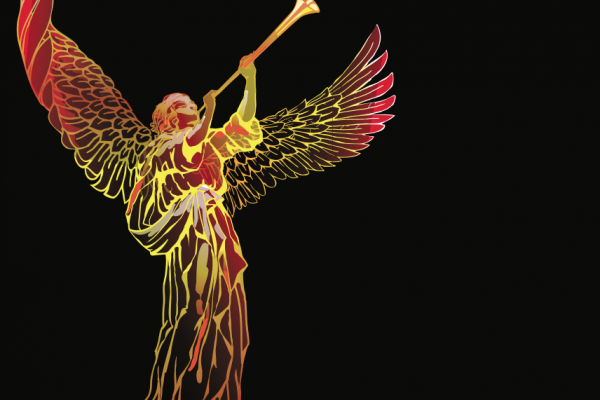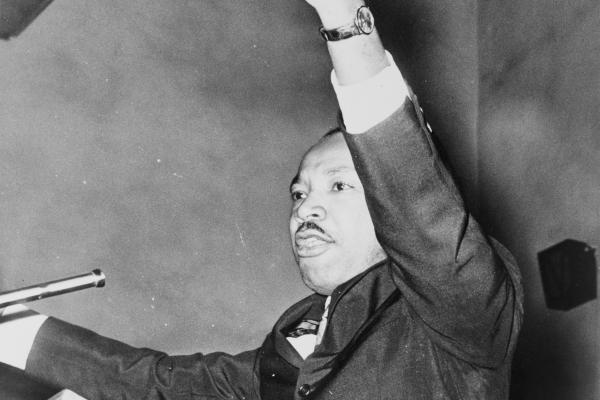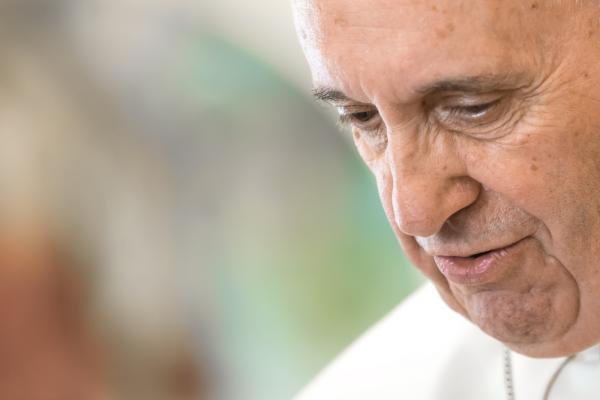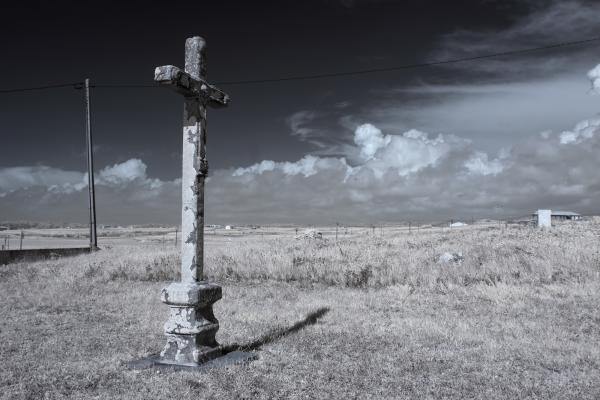There are many reasons to recommend Brooklyn — its relatable story for one, its glowing visuals and performances for another. But Brooklyn’s commendable qualities go far beyond this, including the amount of respect writer Nick Hornby and director John Crowley give the movie’s female protagonist. Brooklyn is a movie about hard choices, and for the most part, Eilis makes those choices on her own. At different points in the film, she’s caught between romantic relationships, and familial and personal obligations. But in none of these situations does it feel like her hand is forced. The movie lets us know early that Eilis can take care of herself, and she’s never forced to compromise on that point, though she easily could have been.
Although politics aren’t really on Brooklyn’s agenda, the film also carries an unintentional point on that score worth considering. At a time when the United States is anxious about welcoming refugees and immigrants, this film reminds us that our country is made up largely of immigrants — some who look like Eilis, but also many who don’t.
The British government is launching an independent five-year inquiry under the leadership of a prominent New Zealand-born jurist to examine whether private and public institutions, including churches, failed to protect children from sex abuse.
At a news conference in London on Nov. 27, Justice Lowell Goddard, who will head the inquiry, said the investigation would focus on high-profile allegations of child abuse involving current or former members of Parliament, senior civil servants, and government advisers.
Archbishop of Canterbury Justin Welby asked Goddard to investigate the Church of England first, saying that he would order his own inquiry if there was a lengthy delay, the Anglican Communion News Service reported.
If this is your first Advent, or if it has been awhile, let me catch you up. Advent is the season of expectant waiting before Christmas. It’s a time to wake up, slow down, sit still, listen, and wait. A kind of expected, engaged waiting, with one another. And the first Sunday of Advent — celebrated on the four Sundays before Christmas — always starts with apocalyptic end-of-world scenarios.
Again, an odd way to start. But I think there is wisdom in it. The ancients saw fit to remind us of the harried, violent world into which the Christ child was born. Which, if we are honest, is also like the world in which we find ourselves.
Violence, brokenness, and heartache can take many forms. Each of us experience the heartache of recent weeks. Maybe it was a year-long affair; or Paris; or a lost job; or mass gun violence; or depression; or Laquan McDonald in Chicago, Ill.; or Garret Swasey in Colorado Springs, Colo.
“All flesh shall see the salvation of God” (Luke 3:1-6). Well, that depends.
It depends on where you are from. It depends on your country of origin. It depends on your religion. It depends on with whom you are associated. It depends on your race, your ethnicity, your gender, your sexual orientation. The list of criteria for salvation, contrived predominantly from our many fears, is long according to the world as we know it today, but not according to the Gospel of Luke. And since Luke is providing a particular portrait of Jesus, not according to Jesus either.
This passage from Luke for the Second Sunday of Advent points to competing worldviews. The opening verses are deceptively subversive. Into the religious reigns and imperial kingdoms of the first century C.E., the word of God comes. Emperor Tiberius, Pontius Pilate, Herod, Philip, Annas, and Caiaphas will have to tend with the rule of the word of God, a rule that insists on salvation for all.
The Palestinian Authority has asked municipalities to tone down their public Christmas celebrations this year amid escalating violence between Palestinians and Israelis.
Hana Amireh, who heads a government committee on churches in the West Bank, confirmed the Palestinian Authority is requesting “a certain decrease” in festivities following the deaths of dozens of Palestinians since mid-September. The majority of them were killed during clashes with Israeli forces or carrying out terrorist attacks, according to the Israeli government.
Amireh said the government has asked the municipality of Bethlehem, the town where Jesus was born and where official Palestinian celebrations of Christmas take place, not to set off holiday fireworks this year and to limit the festive lights and decorations that traditionally adorn the town to two main streets.
Pope Francis wrapped up his six-day trip to Africa in the war-torn Central Africa Republic on Nov. 30 by warning that religious conflicts are spawning civil war, terrorism, and suffering throughout the continent.
“Together we must say no to hatred, to revenge and to violence, especially violence perpetrated in the name of a religion or of God himself,” the pope said in Bangui, the capital.
“Together, we must say no to hatred, to revenge and to violence, particularly that violence which is perpetrated in the name of a religion or of God himself. God is peace, ‘salaam,’ ” the pope said, using the Arabic word for peace.
Given the terrorist attacks of the last few weeks, one might be forgiven for feeling a bit bleak about the human species, its frequent use of violence and its failure to negotiate solutions. We must be hard-wired for violence. Or perhaps “war is a force that gives us meaning,” as Chris Hedges put it in his 2002 book of the same title.
It turns out, however, that we’re evolutionarily wired not for violence but for cooperation.
"The vast majority of the people on the planet awake on a typical morning and live through a violence-free day — and this experience generally continues day after day after day," writes Douglas Fry.
"The real story should be the 13,748 gazillion times human beings default to cooperation and kindness!"
The narrative of a retail event like Black Friday weekend is broken.
What if we could embrace a new narrative? What if that new narrative is really an old narrative just seen with new eyes?
This weekend, the global church is starting Advent, which is a time of preparation for the coming of Jesus. However, we live in a world where Jesus has already entered. How should our lives look different in response to that and as a church be part of bringing the kingdom of God to earth in this Christmas season?
An 80s song told us “video killed the radio star.” The music was catchy and referred to the varied attitudes we all had about technology. What is this? What would we do now? Fast-forward 35 years, and videos are the very technology for which we are so thankful.
Video changes everything.
When the Chicago Police Department released the dash-cam video of 17-year-old Laquan McDonald being shot 16 times by one of their own, the city braced for disruption. When we learned of the $5 million settlement to the McDonald family that stipulated the video remain confidential, the city braced for disruption. When residents discovered that footage from a nearby security camera had been deleted by Chicago police, the city braced for disruption. Mayor Emanuel and his team had seen the video, and were afraid of the public reaction.
The clerk in Kentucky is still trying to avoid doing her job while arguing that religion means never having to sacrifice or compromise in any way. The war-on-Christmas crowd is still passing around that story about a red coffee cup lacking snowflakes. Those who believe in an eye-for-an-eye are cheering as bombs fall in the Middle East in response to another horrific terrorist attack. Many Christians are still ignoring the calls for justice coming from the streets of Chicago, Minneapolis, and cities all across the land.
Don’t you want to throw up your hands sometimes? Or maybe just throw up?









